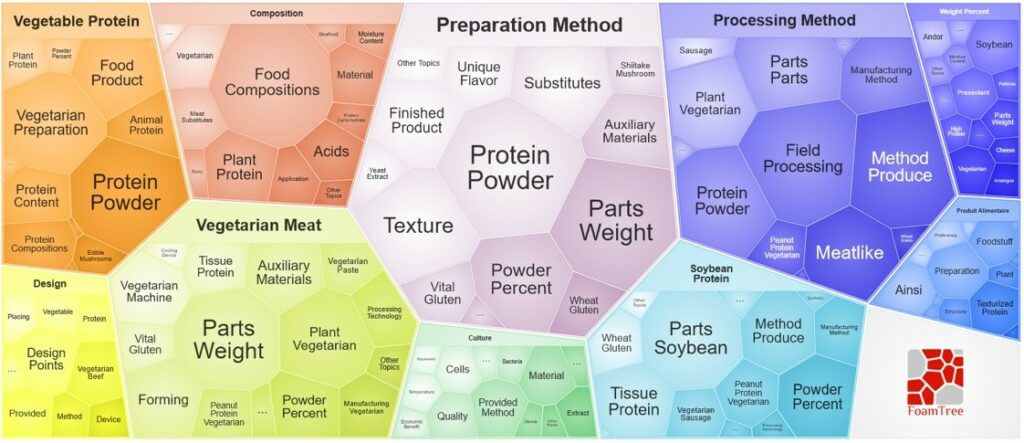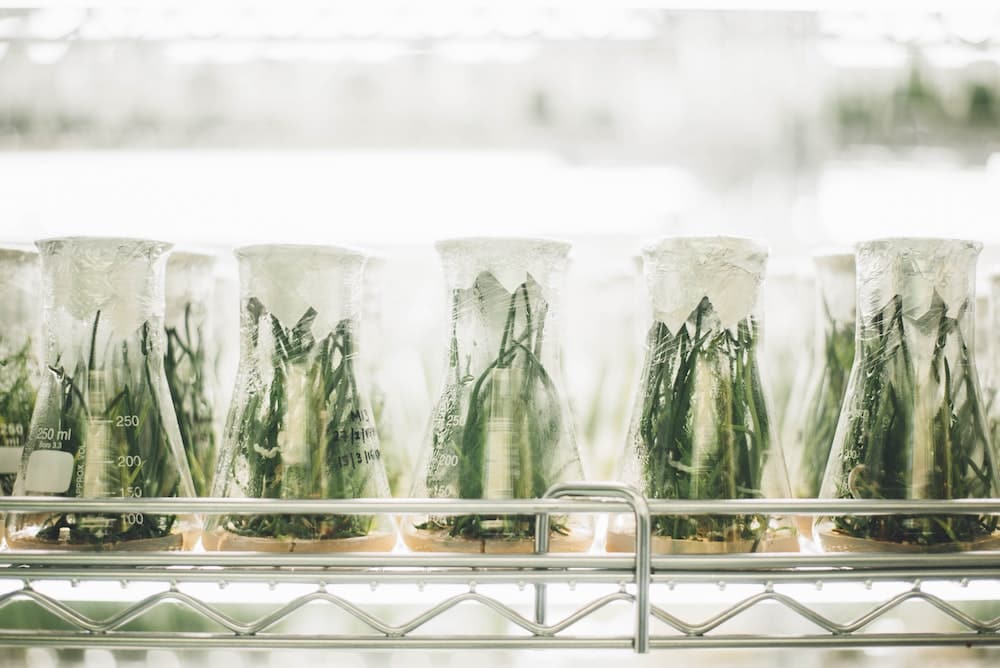Startups
May 2020
May 2020

A few years from now, the coronavirus pandemic may feel like a distant memory. For now, it seems to be the only relevant issue. And even when the immediate threat of the pandemic is behind us, signs of how it’s reshaped daily life and business are sure to linger. At F&A Next’s fifth annual summit, over a thousand doers, investors and observers in the sector joined the virtual edition with Covid-19 and its impact on the agri-foodtech sector on their minds. Here are three big takeaways about how the pandemic is and will reshape how we cultivate, move, and consume food for the foreseeable future.

If anything is made clear by the global pandemic, it’s that the world can change in a minute. Technology has proven its crucial role in enabling systems, markets and human behavior to change with it. We work from home. We host global conferences virtually. We log into an app and our dinner, groceries and transportation arrives on our doorstep. Our collective dependence on a functioning global food chain has catapulted agri-foodtech to “essential” status. Entrepreneurs and investors have grown agri-food technology into a $20 billion venture capital sector worldwide in 2019, which represents a nearly 10-fold expansion from the $2.4 billion invested just five years ago. Much more innovation, and venture capital to support it, is needed.

At the heart of the F&A Next mission is connecting startups & scale-ups with dedicated food & agtech investors and innovative corporates. Underpinning all these connections is technological innovation. But how can innovation be fostered and maximized in the turbulent COVID 19 era we find ourselves in now? What tools are available to startups and scale-ups to secure their innovations and yet at the same time provide security to investors and corporates partners? The answer can be found in the IP assets and in particular patents.

What’s happening in the U.S. meat supply chain amid the Covid-19 crisis offers a stark warning of how vulnerable the food chain is to shocks. Poultry and livestock farms across the U.S. have been euthanizing millions of animals because processing facilities are grappling with the disease’s outbreak among the workforce and don’t have the staff available to manage. Controversially, the U.S. President issued an executive order compelling meat processors to stay open—an act that has received tremendous backlash for the health risks it imposes on workers. uch drama hasn’t similarly struck Europe. But the continent’s food producers and suppliers acknowledge the pandemic’s amplifying impact on existing challenges and vulnerabilities in growing, processing and moving food.